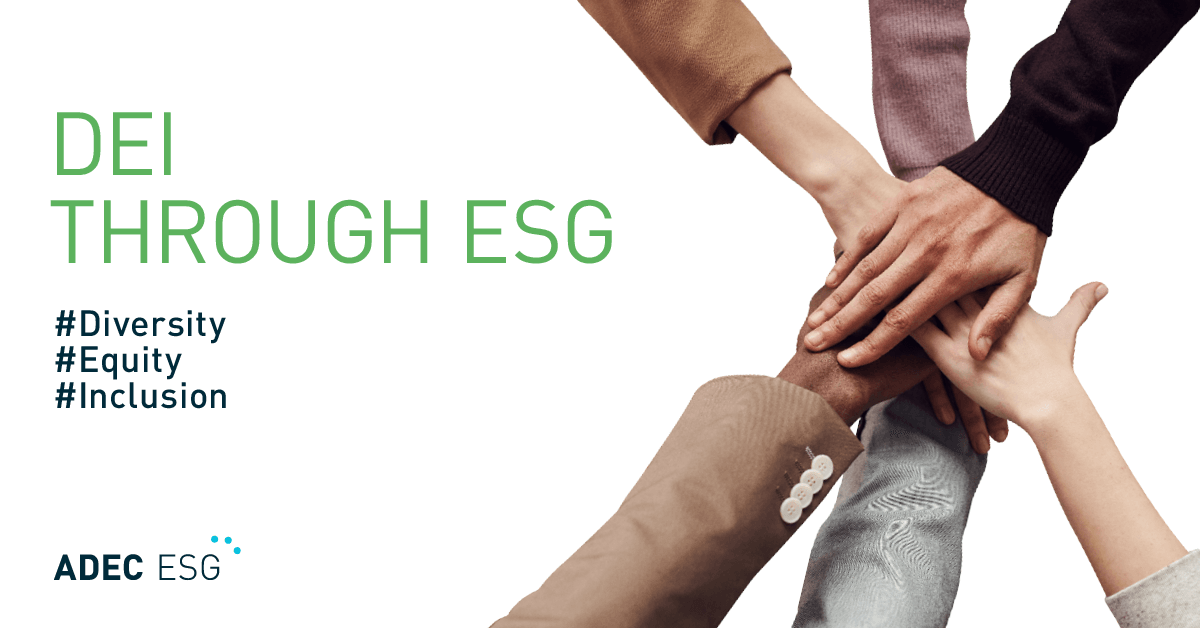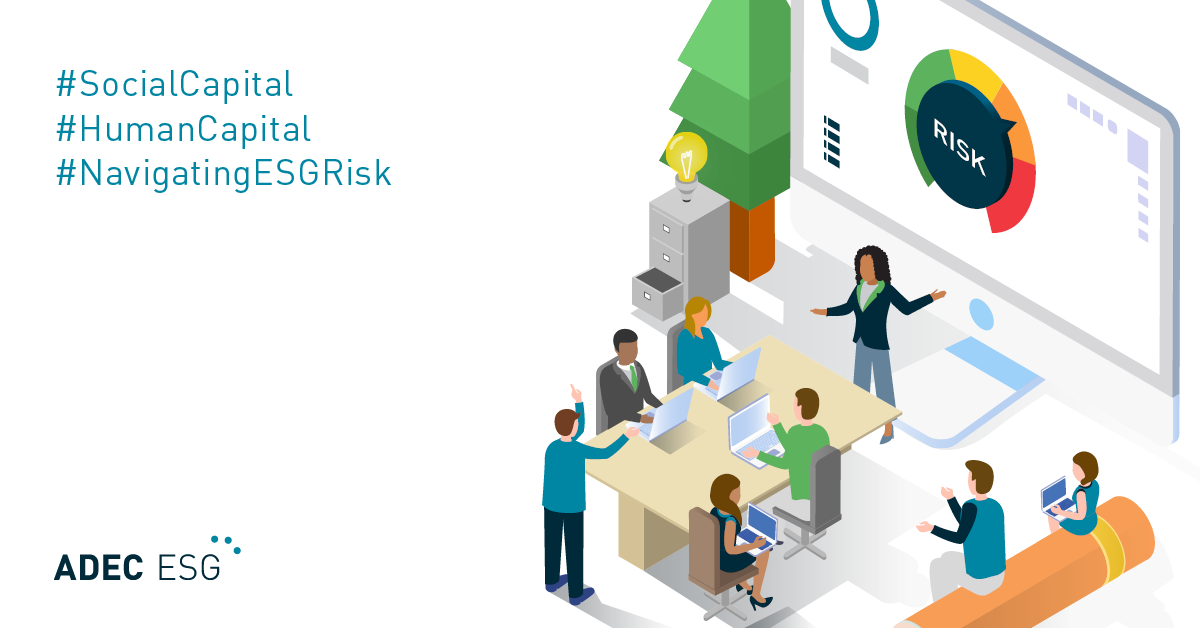Millennials (the demographic born between 1980 and 2000) are currently the largest generation of consumers in history. In 2014, Millennials aged between 17 and 34 were expected to spend at least USD 200 billion each year from 2017 onwards. This age demographic is also expected to spend around USD 10 trillion in their lifetimes. A 2016 survey by TD Bank revealed that the average Millennial spends USD 26,000 on discretionary items and bills every year.
According to the 2015 Nielsen Global Survey of Corporate Social Responsibility and Sustainability, three out of four Millennial consumers would pay more for sustainable products and services. The survey added that consumers between 15 and 20 years old patronizing sustainable products and services rose from 55 percent in 2014 to 72 percent in 2015.
For companies to capitalize on this phenomenon, we need to ask: what constitutes a sustainable business for Millennials?
Creates Products That Have Health and Wellness Benefits
Millennials were born during the height of the 1980s–1990s “Fitness Craze.” As such, they are more health-conscious than older generations. Aetna’s 2013 “What’s Your Healthy?” study revealed that approximately 25 percent of Millennial respondents defined being healthy as having regular physical activity and eating right. This partially explains why Nike is a favorite Millennial brand and ranked second in Moosylvania’s Top 100 Brands for Millennials. Nike+ Training Club (N+TC), Nike’s free fitness app, is loaded with more than 100 workout routines from Nike trainers and athletes, which come with clear audio and visual guidance, making it easy for beginners to professional athletes to follow them.
Commits to Generating Social Value
In addition to improving themselves, Millennials also want to improve society and the communities they live in. According to the 2015 Millennial Impact Report, 84 percent of Millennial respondents donated to charity in 2014. In its 2015 study, Nielsen claimed that 56 percent of Millennial respondents were willing to pay more for the products and services of a company known for its commitment to social value.
TOMS Shoes, a highly popular shoe brand among Millennials, is strongly committed towards social responsibility. Its One for One Movement donates a new pair of shoes to a disadvantaged child for every pair of shoes that it sells. Other TOMS products are also geared towards helping those in need. Part of the profit from each pair of TOMS eyewear sold is used to fund sight-saving medical treatment for people in developing countries. Proceeds from the sales of TOMS bags go to the training and equipment of skilled birth attendants in developing countries.
Implements Sustainable Policies and Operations
Businesses can attract Millennial customers by sharing their desire to improve society through the implementation of sustainable policies and operations. Google, which ranked eighth in Moosylvania’s Top 100 Brands for Millennials, is an example of an environmentally-friendly company that has earned the trust of Millennials. The Googleplex, Google’s headquarters in Mountain View, California, is powered by renewable energy, with 1.9 MW of solar panels that generate more than 3 million kWh of clean energy each year. Google likewise invested almost USD 2.5 billion in renewable energy projects.
Taking Care of the Business―and the Environment―by Taking Care of the Millennial Customer
Taking care of the Millennial customer means more than just taking care of the business; it also means taking care of the environment. A sustainable business will impress Millennial customers and lead to resource conservation, workplaces conducive to promoting employee health and safety, circular economies, and responsibly-sourced raw materials. These measures, in turn, lead to greater business continuity, as well as improved consumer trust and confidence.
ADEC Innovations (ADEC) helps organizations recognize business drivers for sustainability practices and offers cost-effective sustainability management solutions. To stay current on industry trends in sustainability, subscribe to our monthly newsletter, GreenWatch.





